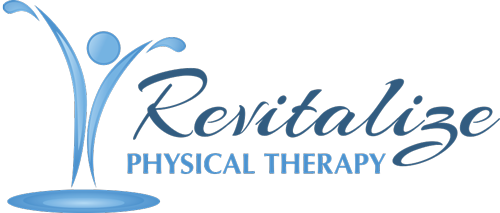
A recent article about postpartum pelvic floor dysfunction by Laura Beil (featured in Cosmopolitan, July 18) is exploding on social media. In the article, Beil explores various issues women commonly face after giving birth (including pelvic floor muscle weakness, incontinence, pelvic fractures, and painful scar tissue) from the perspective of both client and clinician.
As a pelvic floor physical therapist reading the tales of frustration and woe of “Jennifer,” “Sarah,” and “Krysten,” I could not help but feel righteous indignation over the medical ignorance and negligence encountered by these women. No offense, but “Go slow” does not constitute adequate medical advice in response to a client reporting pain during attempted intercourse several months post-partum. Similarly, scar tissue removal surgery is an inappropriate first step to treat perineal scars. Especially when manual scar massage, a much more conservative yet effective intervention, has not been attempted prior to surgery (which, in my humble opinion, she be employed as a last resort). This is not my isolated lone opinion. It is shared by Dr. Fox (Brown University) who was quoted in the article as having said “With chronic pain issues, surgery should not be our first stop, and really we should be trying multiple things before hitting that. Surgery is not a substitute for a thorough evaluation with a focus on the pain history and a full physical exam.”
Another important point that Beil addressed is that of societal expectations and pressure to return to pre-pregnancy body weight, shape, and function in a practically superhuman and unfeasible manner. Unfortunately, the media often exacerbates this problem. The last thing a new mom needs to see during peak season of feeling overweight, under rested, and super hormonal is how quickly many celebrities manage to lose their postpartum poundage and return to work. With all due respect to these celebrities who are often airbrushed and highly tended to, new moms have earned the right to cut themselves some slack! I encourage them to think of the ordeal their body recently endured. They should recognize that they have partnered in housing and nurturing another human being for three quarters of a year. Instead of feeling shame or “not enough,” they should feel tremendous respect and pride.
Another point Beil raised is that of patient advocacy. Dr. Leah Millheiser, sexual health expert at Stanford, discussed the importance of open conversation about these sensitive matters. When we do, “women are going to become empowered, and they are going to go to their doctors and say, ‘I had a baby. I’m breastfeeding. My vagina feels like the Sahara Desert. It is horribly painful to have sex and my relationship is suffering. What can I do about it?’” The more that women become comfortable raising the issue with their physicians, the more the doctors will realize that these problems are rather prevalent. The more that women report back to their doctors about their positive experiences in pelvic floor physical therapy, the more likely these same doctors will ask the right questions and make appropriate referrals.
Only a disturbed note, I was saddened to read that “Jennifer” suffered through multiple negative experiences in physical therapy over the course of two years until she finally found a pelvic floor physical therapist who was able to help her improve significantly within a matter of weeks. As a patient, it is extremely important to feel that one’s therapist is a good fit. If for whatever reason that is not the case, there may be another healing messenger who can help you along your journey. On that note, it would be an honor to have the opportunity to help you. Please contact Revitalize Physical Therapy for more information about how we can assist you!



